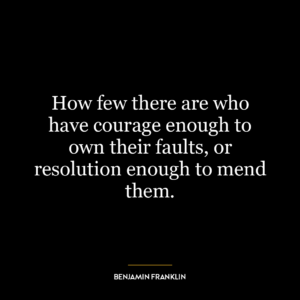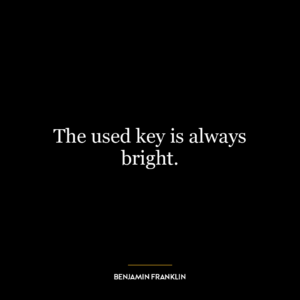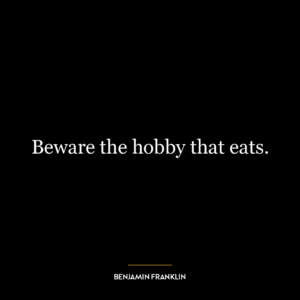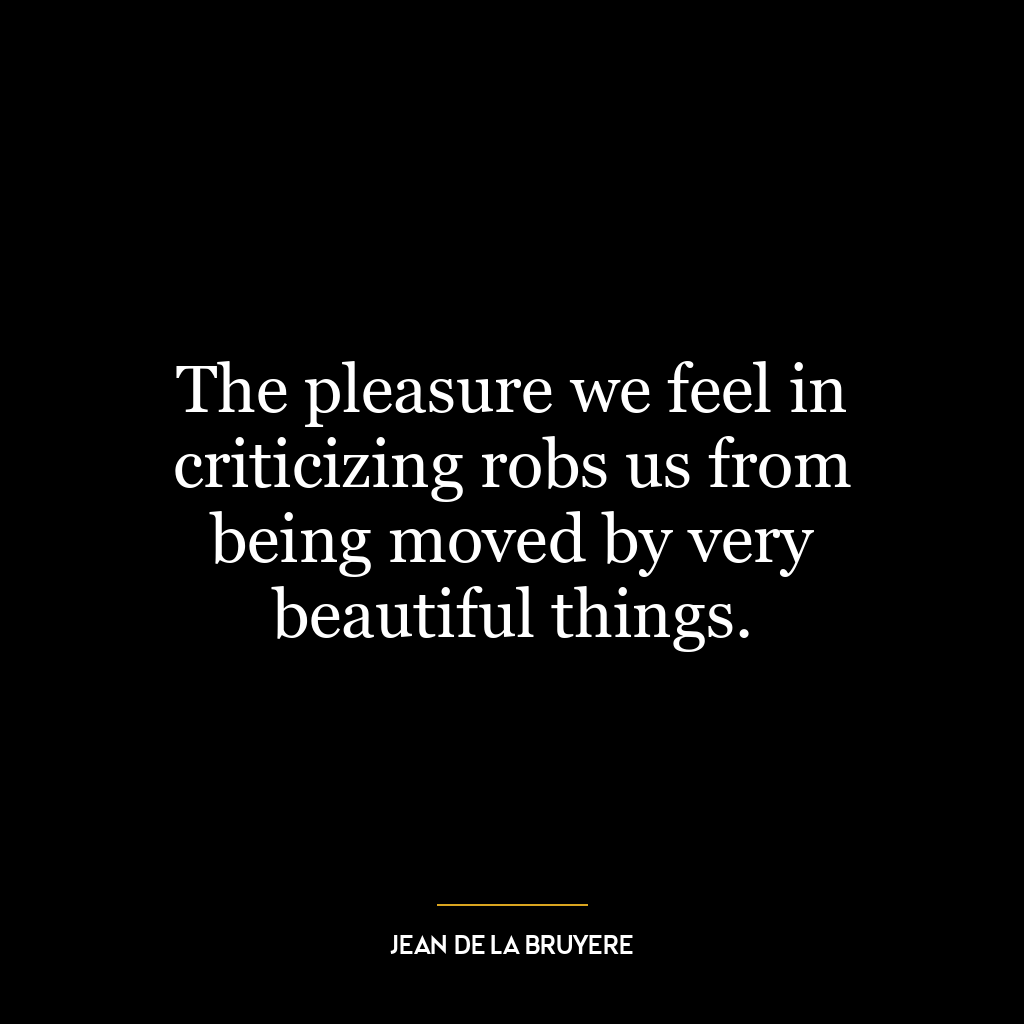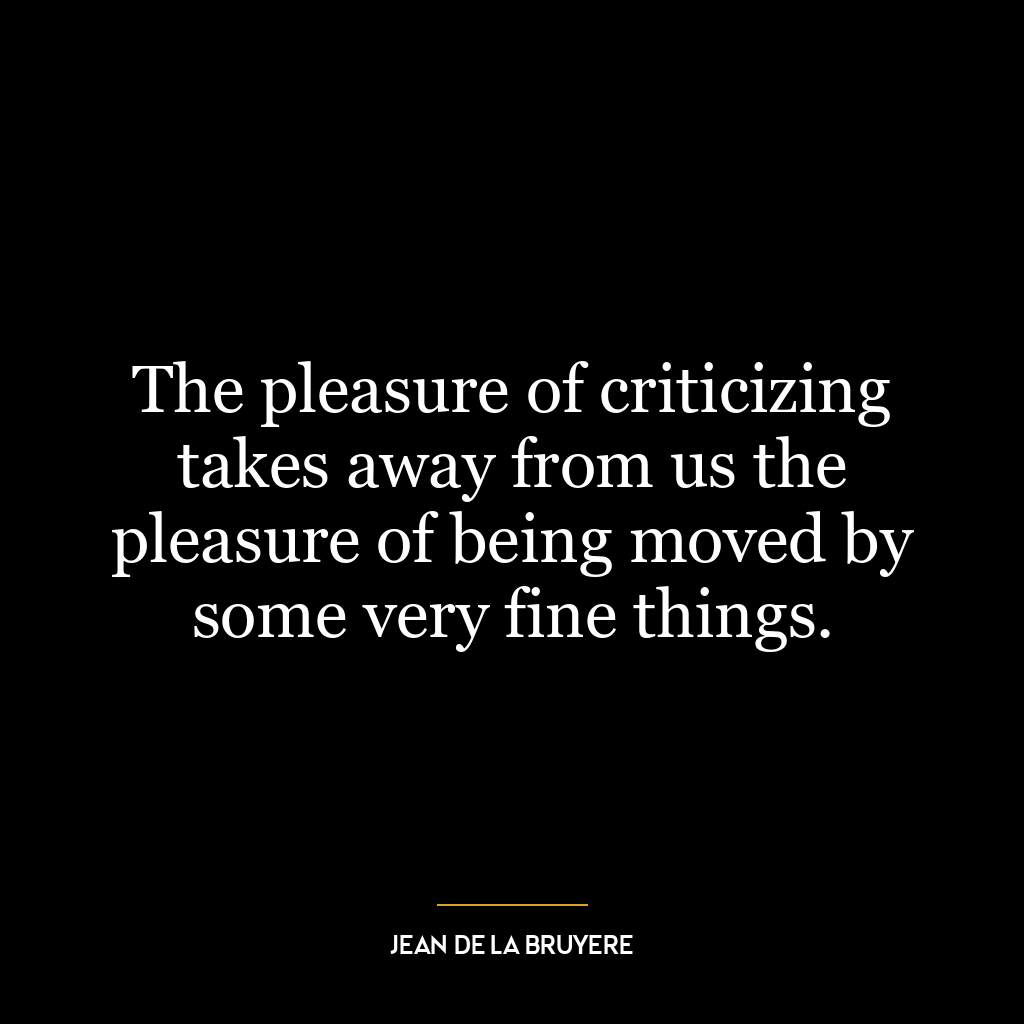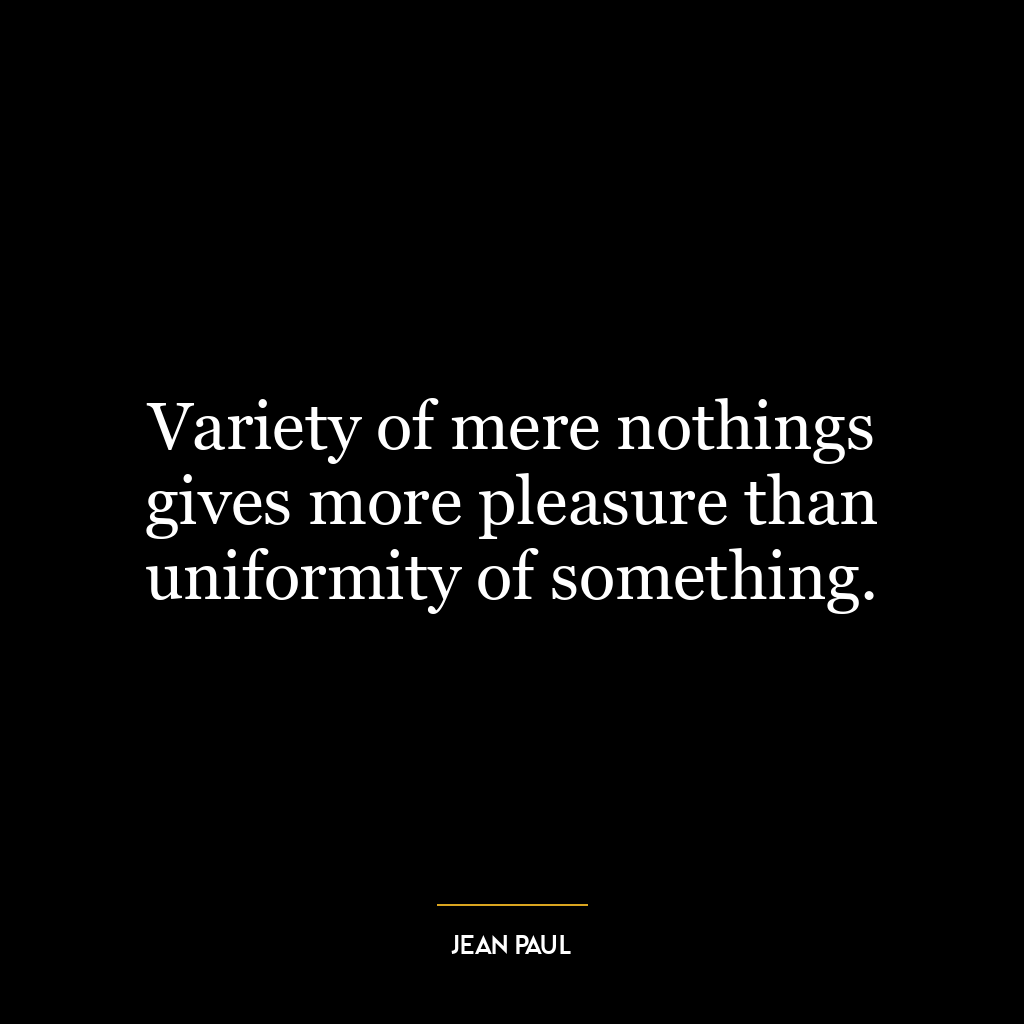Nothing brings more pain than too much pleasure; nothing more bondage than too much liberty.
This quote is a profound reflection on the concepts of pleasure and liberty, asserting that excess of either can lead to undesirable outcomes. It suggests that while pleasure and liberty are typically seen as desirable, too much of them can lead to pain and bondage respectively.
The first part of the quote, “Nothing brings more pain than too much pleasure,” suggests that indulging excessively in pleasurable activities or experiences can lead to pain. This could be physical, as in the case of overeating or substance abuse, or emotional, as in the case of becoming overly dependent on a relationship for happiness. The pleasure derived from these activities or experiences is fleeting, and once it fades, it often leaves pain in its wake.
The second part of the quote, “nothing more bondage than too much liberty,” implies that an excess of freedom can lead to a form of enslavement. This might seem paradoxical, but consider a person who has no constraints—no work, no responsibilities, no schedule. While this might seem like the ultimate freedom, it can also lead to a lack of purpose or direction, which can feel like a form of bondage.
Applying this quote to today’s world, one could consider the impact of technology. The internet provides an unprecedented level of freedom and access to information and entertainment. However, this has also led to issues like information overload, addiction to social media, and even cyberbullying. In this sense, too much liberty in the digital space has led to new forms of bondage.
In terms of personal development, this quote can serve as a reminder of the importance of balance and moderation. Pursuing pleasure and freedom are important aspects of life, but they need to be balanced with responsibility and discipline. Too much of anything, even good things, can have negative consequences. Striving for balance can lead to a more fulfilling and sustainable lifestyle.






